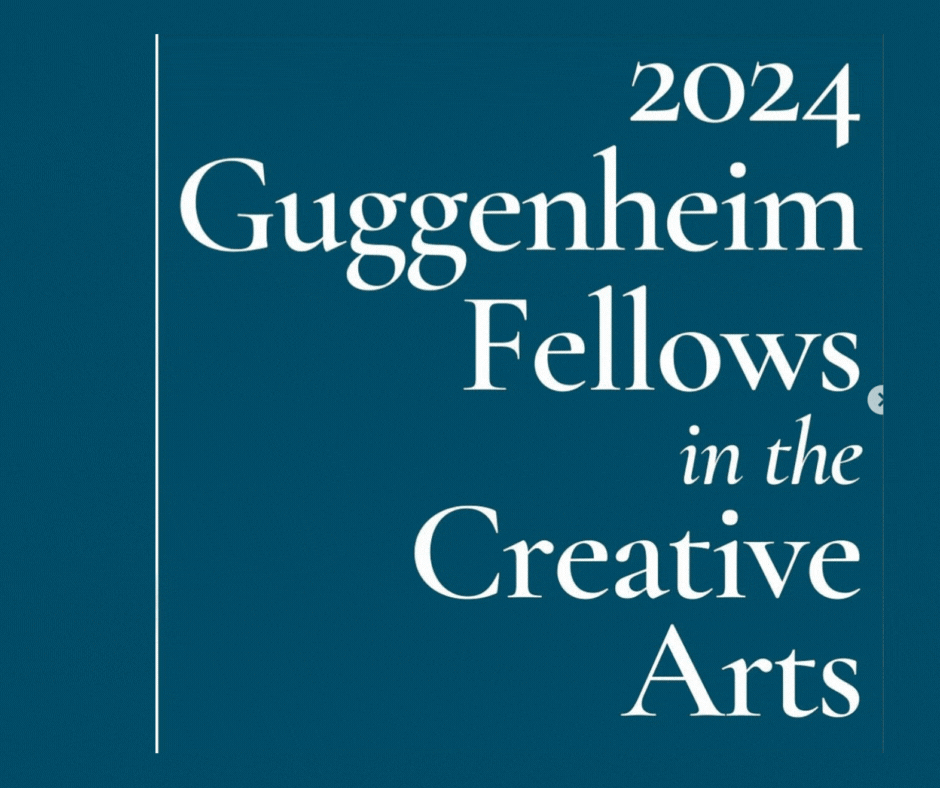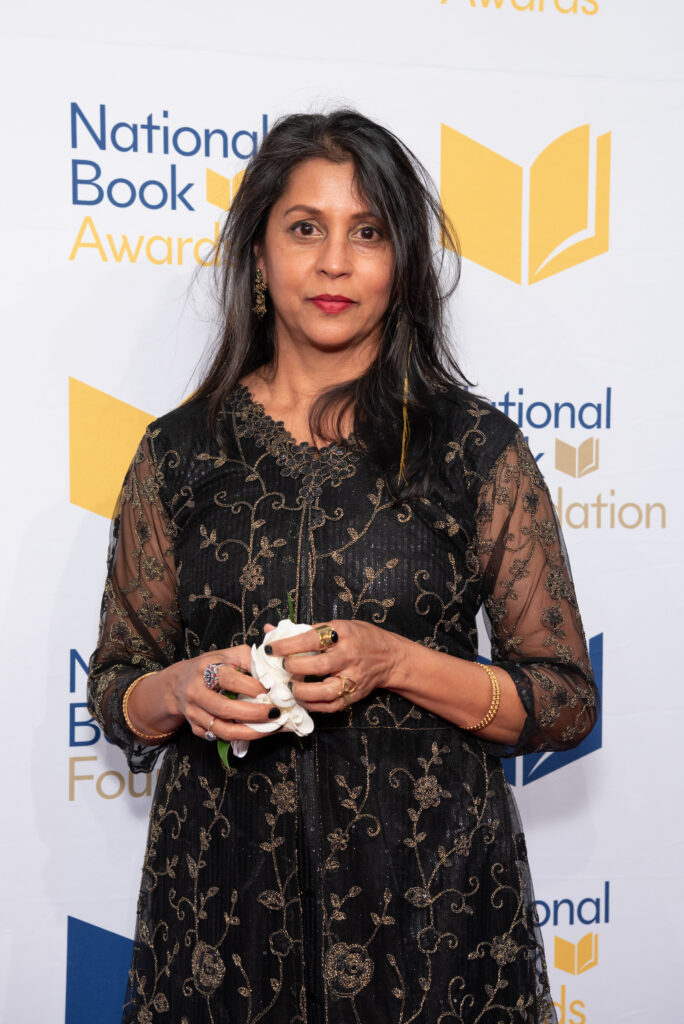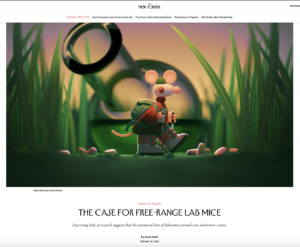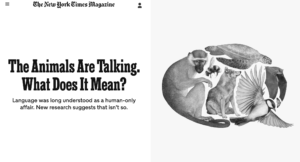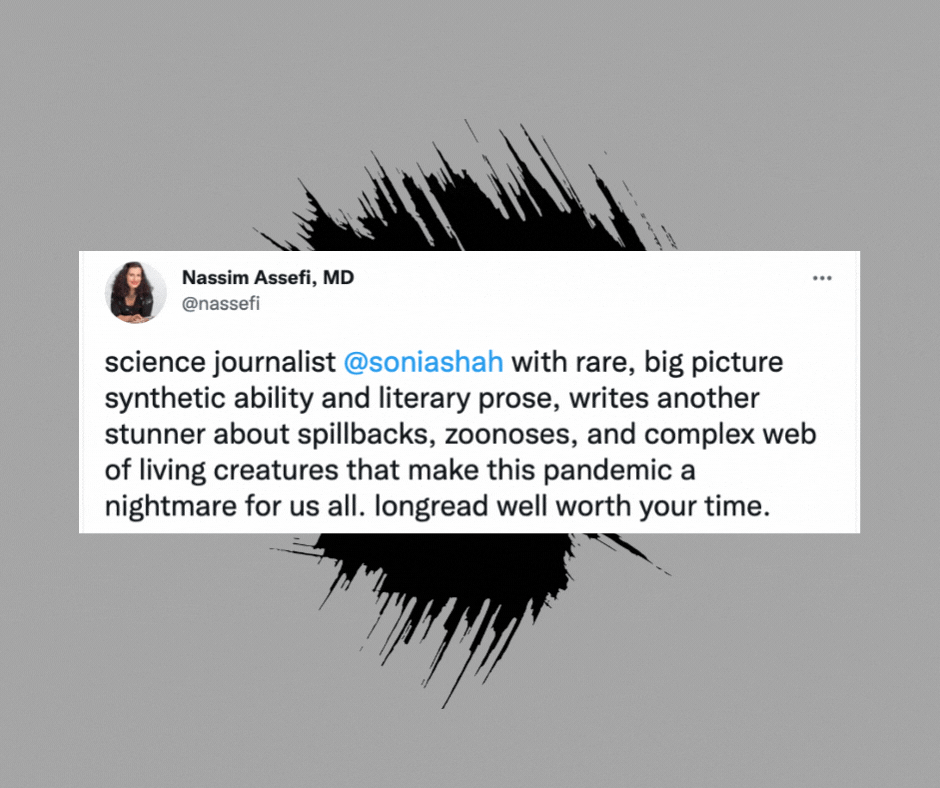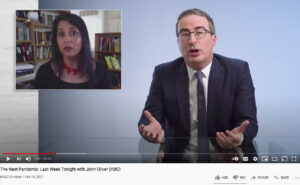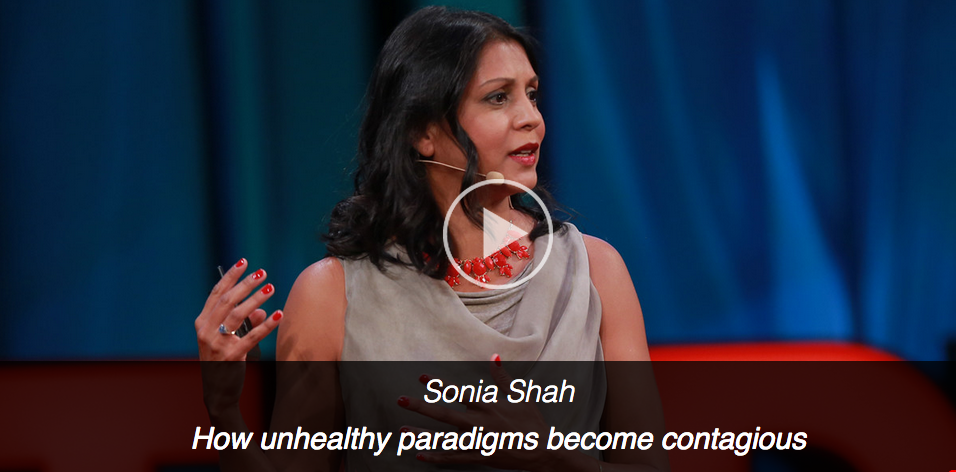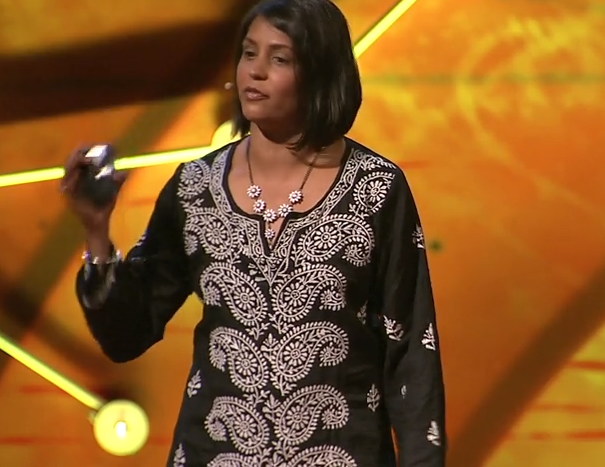I read Freakonomics while stranded at an airport for a few hours a couple years ago. Enjoyed it thoroughly. This week, the editor of the New York Times‘ Freakonomics blog will be soliciting questions from readers about “The Fever.” My attempts to expose the freaky ironies and hidden sides of malaria will appear on their blog shortly. Send in your questions to the NYT here.
Author: Sonia Shah (Page 8 of 19)
Here it is–for some reason I’m not able to embed it, but C-SPAN has the video of my Washington DC talk on The Fever in their online video archive.
http://www.c-spanarchives.org/program/294937-
It’s been brought to my attention–by Mark Powell, of Arlington, VA–that I misspoke during the lecture, and said that hundreds of thousands of French workers died of malaria and yellow fever while attempting to build the Panama Canal. My apologies! The figure is the still-shocking tens of thousands of workers. Thankfully, I got it right in the book (page 151 for those of you inclined to check).
If you watch C-Span 2’s “BookTV” program, you’ll find me on the tube talking about The Fever this Sunday, August 22 at 8 pm (and also at 7:30 am on Sunday, and 5 am on Monday). For more info, see their website listing, here. I think they stream the videos on their website, too, so will be posting that shortly as well.
I gave a talk at the wonderful independent bookstore Politics & Prose in Washington, DC last night, to a packed house. It was a great audience which included at least a few malariologists and malaria historians, not to mention a bunch of people who’d survived the disease and were active in the fight against it. I would have loved to have been able to answer more questions–my favorite was one guy who asked me whether I believed in the transmigration of souls (because I had talked about how the malaria parasite is such a shape-shifter). I think he may have been accusing me of being a mosquito in a past life! C-SPAN was there filming the event, so I should be able to post video soon.
Happy to report that I will be giving the “Ray Kling Distinguished Lecture in Public Health” at the University of Oklahoma and the “Chautauqua Lecture” at Eastern Kentucky University this April. I believe that both lectures will be open to the public, which is great. For more info, or to arrange an event at your organization or university, please contact Jodi Solomon Speakers Bureau.
Check out recent and forthcoming live and media events here, too.
Reviewers in the mainstream media have been really kind to “The Fever,” for which I’m tremendously grateful, as their comments are getting the book out into the world. But I’ve awaited reviews from scientific journals with the most trepidation. Not only because the scientific community is notorious for its harsh judgments–scientists rarely give unreserved approval, especially when called upon to critique–but because I really wanted to get the science of malariology right in the book. And they’d be the ones to know if I had.
The journal Nature is one of the world’s most prestigious science journals and certainly the world’s most cited one. It’s also unusual in being a general-interest weekly. Dr Awa Marie Coll-Seck is the former minister of health of Senegal and the director of the world’s foremost international malaria campaign, Roll Back Malaria. So it was a great honor for Nature to choose, out of the scores of books written about science, to review The Fever, and for Coll-Seck to write the review. Sort of like E.O. Wilson reviewing a popular book on ants. Or Bill Gates reviewing a popular book on technology. And by and large, Coll-Seck seems to have enjoyed it–
“In The Fever, journalist Sonia Shah makes sense of the multifaceted history of this harrowing disease and our response to it….By describing malaria’s role in the rise and fall of peoples, cities and civilizations, the book reveals the massive imprint of this disease on health and life expectancy, politics, commerce and war….The Fever clearly traces the growing understanding of the causes, transmission and prevention of malaria….Shah astutely points out that many of the challenges that stalled past efforts have yet to be overcome….Shah’s ultimate message is spot on: that the fight against malaria is complex. Ending it, as she says, is tough and unlikely to happen in our lifetimes.”
Coll-Seck takes issue with my critique of Roll Back Malaria–the organization she directs–which is understandable. It would not be fitting for her to admit to its well-documented weaknesses. Of course, I stand by my analysis, regardless. What I was most struck by in her review is that she agreed fully with my account of the science and history of malaria. A great relief and validation!
The New Scientist is another general-interest science weekly, although unlike Nature it does not publish peer-reviewed work. They contacted the head of Medecins Sans Frontieres’ malaria program to review The Fever. That he, a frontline malaria warrior, enjoyed the book, without reservation, is especially gratifying.
“Raw, vivid…Shah presents a fascinating history….The Fever is a mine of information, drawing on diverse accounts from medical experts and field workers. This is an important book on the historical lessons we must not forget and the mistakes we are still making today in the battle against what remains a formidable killer.”
Read more reviews, including some complete ones, here.
NPR’s Michael Schaub reviewed “The Fever,” for NPR.org’s “Books We Like.” Here’s a tidbit, below–it comes with a nice excerpt, too!
“Shah’s biggest strength is her unforced, almost conversational writing style. Microbiology and epidemiology can get very complicated very quickly, but Shah proves to be an excellent translator, for the most part explaining even the most complicated scientific processes in an accessible (though never patronizing) way. At times, she gets ahead of herself — early sections on the evolution of Plasmodium required, at least for me, a rereading or two. Mostly, though, she’s able to weave sections about science, history, and culture together in a seamless and fascinating way. Shah’s intellectual enthusiasm and dry sense of humor recall popular science writers such as Steven Pinker and Stephen Jay Gould; her narrative strength and penchant for investigative journalism bring to mind science reporter and Flu author Gina Kolata.”
Read the entire review here.
My piece on the history of malaria–complete with illustrations and sidebars–appears in today’s Wall Street Journal. Check it out here.
Yesterday I taped an interview with Terry Gross for the NPR show “Fresh Air.” I’m a big fan of Terry’s and it was lovely to speak to her. We talked about the wily parasite Plasmodium, my own love/hate/guilt relationship with mosquitoes and malaria, malaria during WWI and WWII, and how mosquitoes are the original vampires. The interview is expected to broadcast sometime the week of July 19 or thereabouts.
Also, this Saturday, look out for my essay on “The Abracadabra Cure”–my term for anti-malaria quick-fixes, coined for the second-century Roman anti-malarial incantation (yes, it was “Abracadabra”)–in the Wall Street Journal.
July 6, 2011. KUER RadioWest. 1 pm-2 pm ET.
